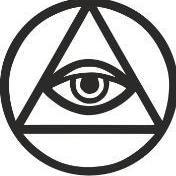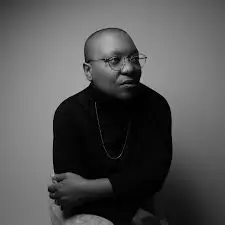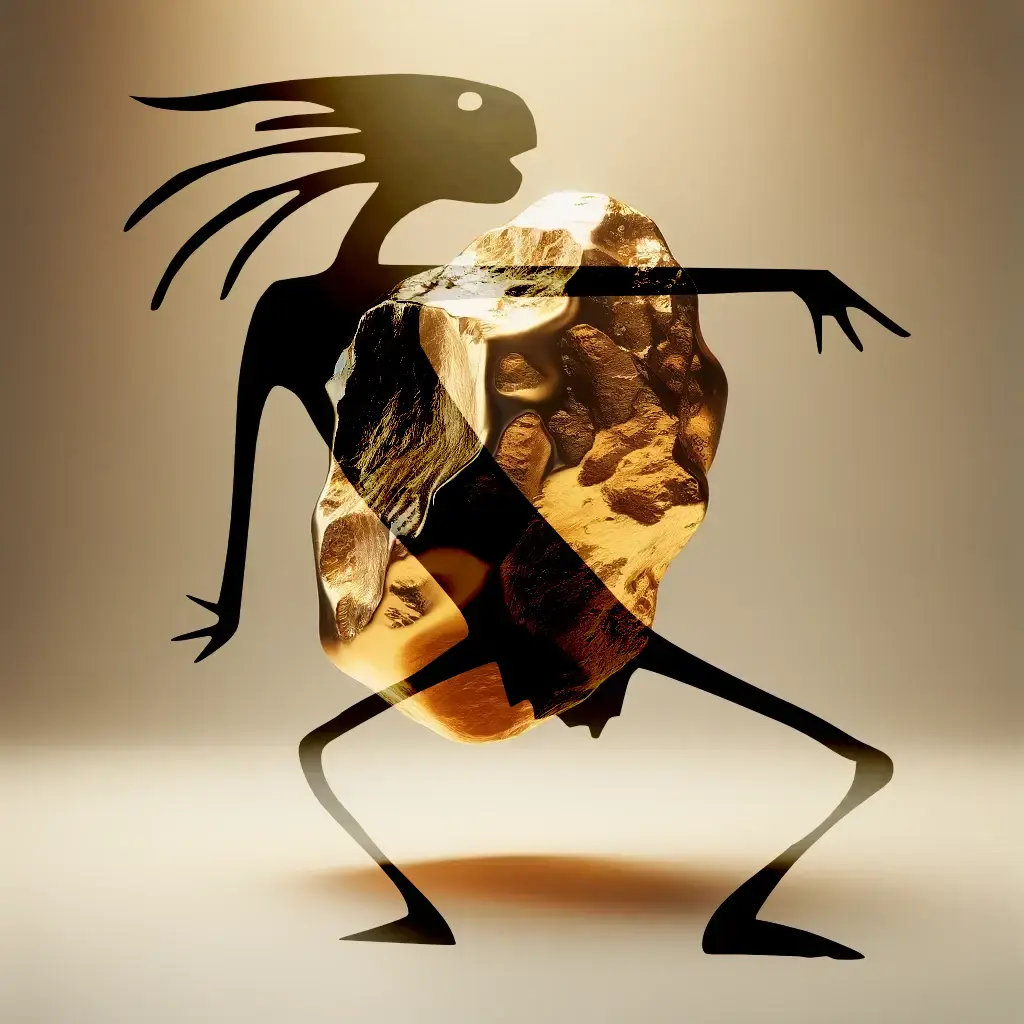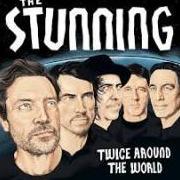-
Recently Browsing 0 members
- No registered users viewing this page.
-
Latest Activity
-
By Johnnyseven · Posted
Brown is another level to Green for sure, that run from Lush through to Walk Now is phenomenal. -
I got some really good Hi Tec ones from this website a good few years back and they've served me well https://www.sportsshoes.com/store/hi-tec
-
Early ideas of set times/days are starting to come out, in addition to early clashfinders. What are you angst-inspiring clashes in 2024? As it stands, mine is Orbital/Streets/Ocean Colour Scene on Saturday. Coupled with the fact that my girlfriend is set on Coldplay, which at least two of them overlap.
-
Tottenham wanted arsenal to win so helped them with the first goal.
-
Everton are guaranteed a hattrick with Jimmy Melville as a shareholder. Comedy club comedy shareholder. : p
-
-
Latest Festival News
-
Featured Products
-

Monthly GOLD Membership - eFestivals Ad-Free
2.49 GBP/month
-
-
Hot Topics
-
Latest Tourdates

















Recommended Posts
Join the conversation
You can post now and register later. If you have an account, sign in now to post with your account.